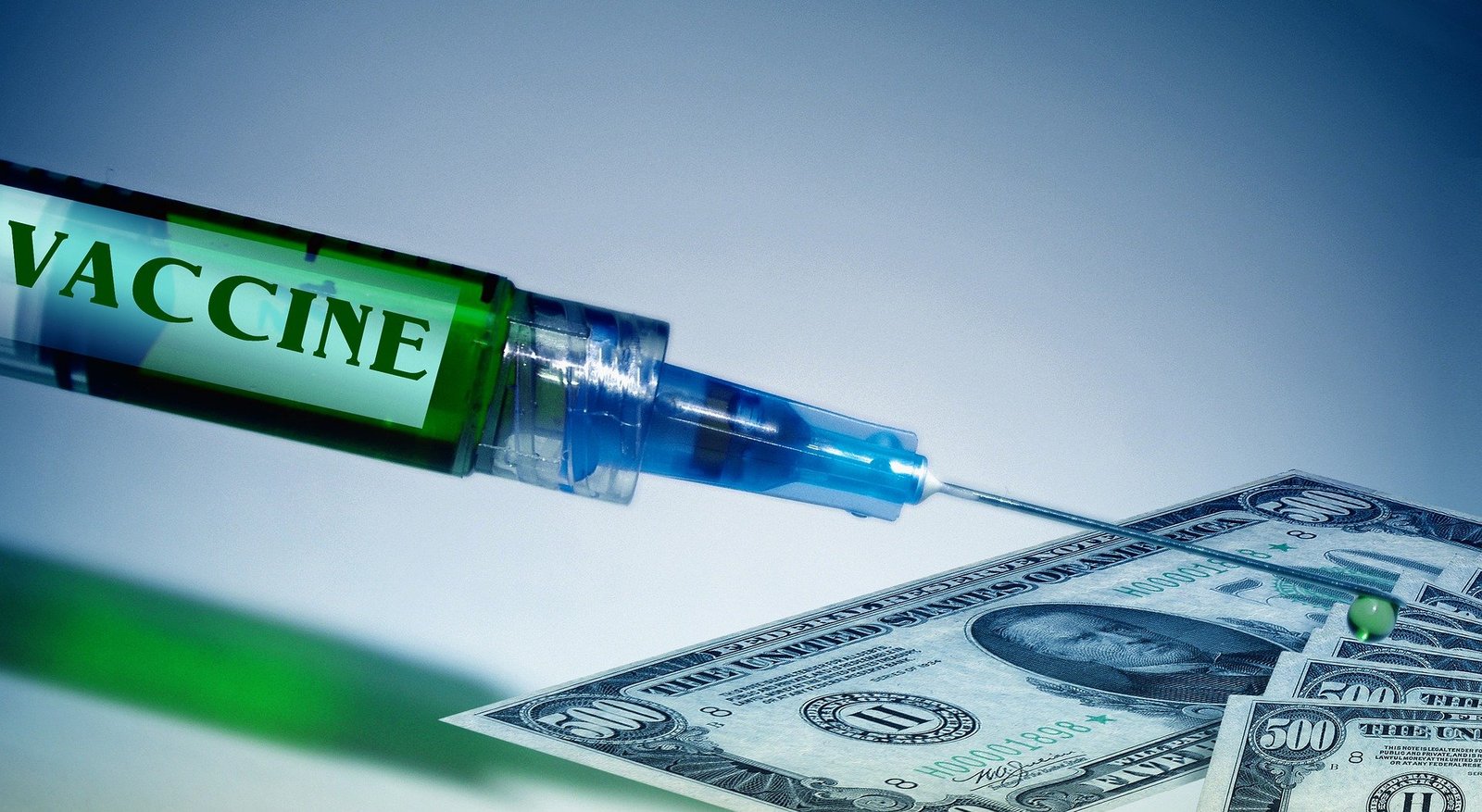The United States could be the first country to launch one of the most ambitious vaccine operations in history: distributing and administering up to 600 million doses of a Covid-19 vaccine in just a few months.
Massive vaccine campaigns are nothing new — they have been carried out for decades in the fight against measles and flu, for example.
But stamping out the coronavirus is a distinctly new challenge due to three factors:
- the short time frame for inoculating a huge number of people
- the fact that most vaccines will require two doses
- the very low temperature at which some of the vaccines must be stored
The World Health Organization’s (WHO) chief said on Tuesday it hopes to have a Covid-19 vaccine by year-end and that Pfizer’s experimental remedy is “a very promising one”, with more expected.
But the vaccine, based on a novel technology that uses synthetic mRNA to activate the immune system against the virus, comes with special challenges as it needs to be stored at minus 70 degrees Celsius (-94 F) or below – equivalent to an Antarctic winter.
WHO Director-General Tedros Adhanom Ghebreyesus reiterated the United Nations agency’s call for an equitable distribution of vaccine doses once they are available.
Pfizer said on Monday that its Covid-19 vaccine was more than 90% effective as it disclosed the first successful interim data from a large-scale clinical test. The safety data on its vaccine with BioNTech SE could come later this month.
“As we have been predicting, we will have a vaccine at the end of this year. And the Pfizer one is a very promising one,” Tedros told the WHO’s annual ministerial meeting.
“And we will also expect more and more,” he added.
However, the necessity to keep the vaccine in extremely cold storage could complicate any inoculation program, above all in regions of Asia or Africa where the climate is warm, distances vast and the required infrastructure may be lacking.
“The exciting news yesterday (Monday) of a possible effective vaccine becoming available presages significant cold chain challenges for African countries by the type of vaccine that that is. Which will need to be factored into the support to be provided,” Matshidiso Moeti, WHO’s regional director for Africa, told the ministerial meeting.
The vaccine cold chain hurdle is just the latest disparity of the pandemic weighted against many countries. Investment in the infrastructure and cooling technology lags behind the high-speed leap that vaccine development has taken this year.
The initial vaccine candidates from Pfizer and Moderna are both mRNA vaccines and mRNA is naturally an unstable molecule that is prone to degradation when exposed to temperature fluctuations.
The Associated Press estimates vaccine storage issues could leave 3 billion people in developing countries without access to a coronavirus vaccine.






